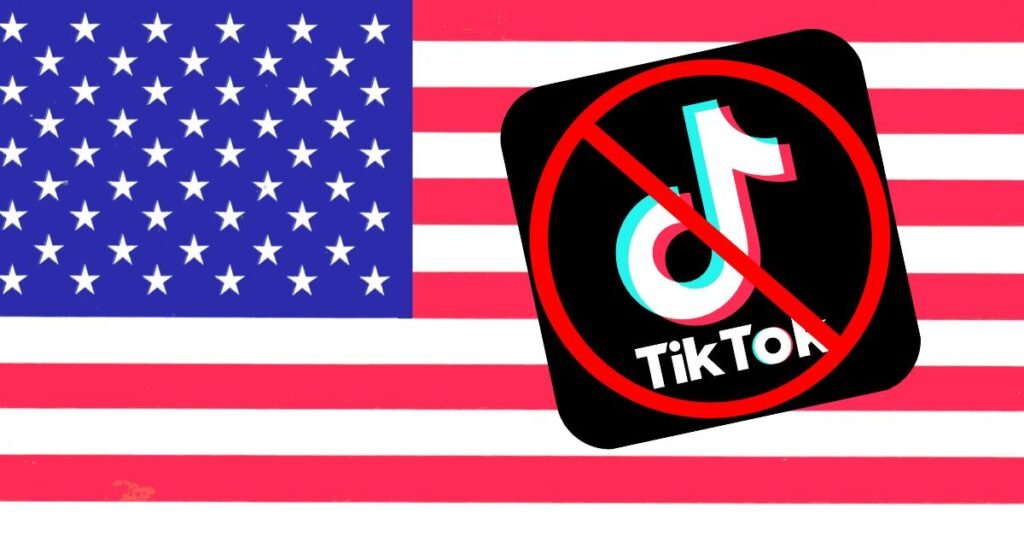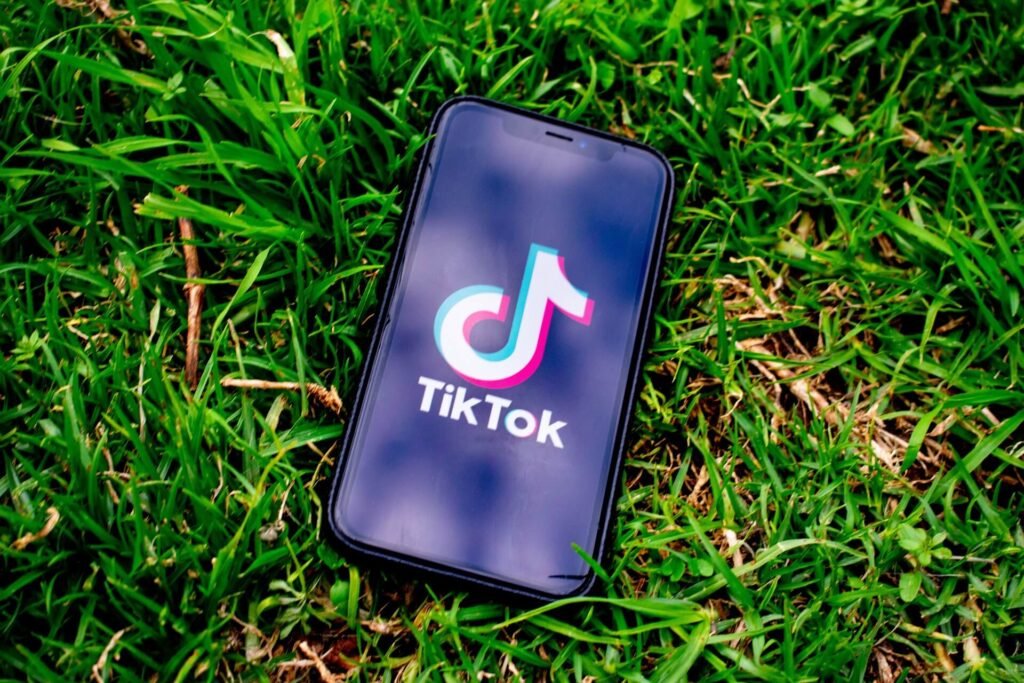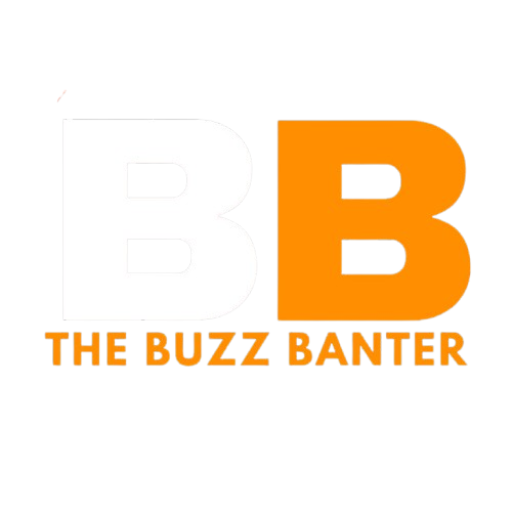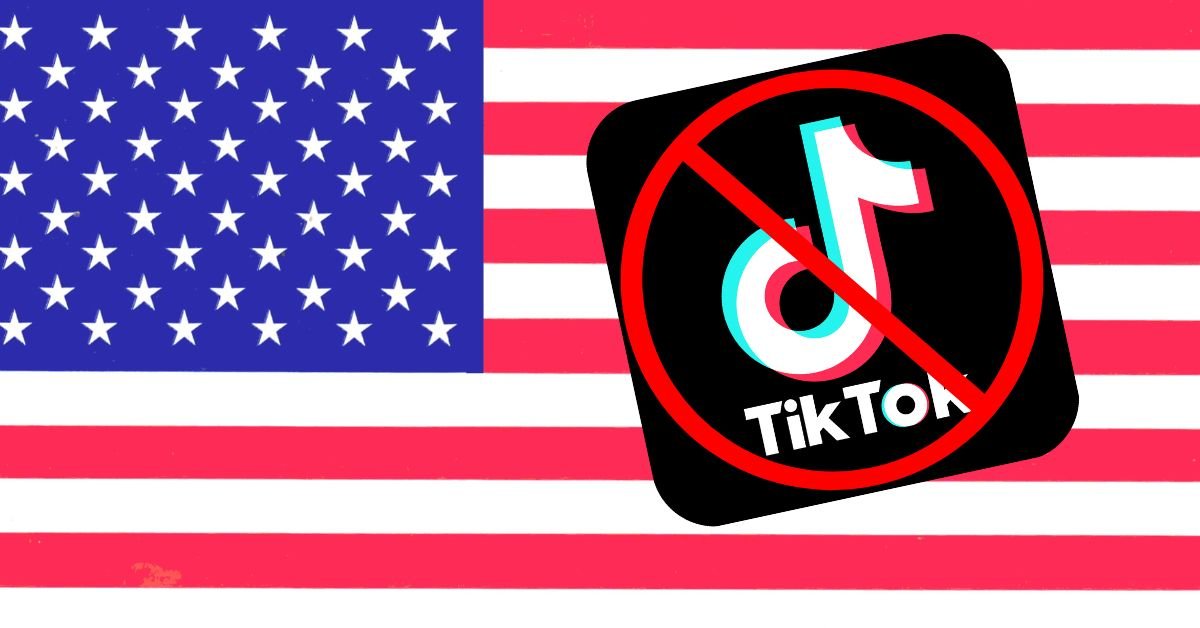
Why TikTok Might Be Banned in the US: An In-Depth Look
TikTok has become a cultural phenomenon, captivating millions of users with its short videos, creativity, and powerful algorithm. But this beloved platform has also found itself at the center of one of the most heated debates in the United States—whether it should be banned. What lies at the heart of this controversy, and why is TikTok’s future in the US uncertain? Let’s explore the key reasons behind this issue, its broader implications, and how it impacts users.
Understanding TikTok’s Meteoric Rise
TikTok, launched by Chinese tech company ByteDance, exploded in popularity over the last few years. With over 150 million active US users, it’s more than just an app; it’s a hub of culture, creativity, and connection.
Why TikTok Is So Loved
- Viral Potential: TikTok’s algorithm gives everyone a chance to go viral, whether you’re an artist, a comedian, or someone sharing daily life hacks.
- Community Building: From niche hobbies to global movements, TikTok connects users with shared interests.
- Economic Opportunities: Many creators make a living through TikTok by partnering with brands or selling products.
Despite its success, the app’s Chinese ownership has made US lawmakers question whether its popularity comes at a cost to national security.
The Heart of the Controversy: National Security and Data Privacy

TikTok’s ownership by ByteDance has raised alarms over how user data is handled and whether it could be accessed by the Chinese government. The US government’s concerns revolve around two main issues:
1. Data Privacy
TikTok collects vast amounts of user data, including:
- Personal details (name, email, and phone number)
- Location data
- Behavioral patterns (video preferences, time spent, and interactions)
Critics argue that this data could be shared with the Chinese government, which has laws allowing authorities to request data from companies.
Imagine your private information—your location, habits, and interests—being accessed by a foreign power. For many Americans, this possibility is unsettling.
2. Potential for Manipulation and Espionage
Another concern is whether TikTok could be used to spread propaganda or influence public opinion. Given its ability to amplify content, some fear it could manipulate narratives during elections or other significant events.
These fears have led US lawmakers to consider TikTok a potential threat to national security.
A Timeline of the TikTok Ban Debate
The US government’s scrutiny of TikTok isn’t new. Here’s how the controversy unfolded:
- 2019-2020: The Trump administration first flagged TikTok as a security risk. An executive order attempted to ban the app unless its US operations were sold, but court challenges delayed implementation.
- 2022: Concerns reignited under the Biden administration. Lawmakers demanded stricter regulations or a forced sale to an American company.
- 2023: Montana became the first state to pass a full ban on TikTok, effective in 2024. Federal legislation, including the Restrict Act, proposed broad measures to limit foreign tech apps.
These events reflect growing bipartisan concern over TikTok’s presence in the US.
TikTok’s Counterarguments: Fighting Back
TikTok has strongly denied the allegations against it, taking several steps to address security concerns:
- Project Texas: TikTok pledged $1.5 billion to store US data on American servers, managed by Oracle, to ensure it isn’t accessible overseas.
- Transparency Centers: TikTok opened facilities where regulators can review its algorithms and data practices.
- Legal Challenges: The company is actively challenging state-level bans, such as Montana’s, arguing that these violate free speech rights under the First Amendment.
Despite these efforts, lawmakers remain skeptical, citing the Chinese government’s influence over companies like ByteDance.
The Emotional Impact of a TikTok Ban

A potential TikTok ban isn’t just a policy decision; it’s an emotional issue for millions of Americans. The app has become deeply ingrained in daily life, providing entertainment, education, and even economic opportunities.
1. Creators at Risk
Many influencers rely on TikTok for their income. A ban would disrupt their ability to connect with audiences and earn a living.
2. Loss of Community
TikTok fosters communities around shared interests, from mental health support groups to hobby enthusiasts. For users, losing the app would mean losing these connections.
3. Free Speech Concerns
Some argue that banning TikTok infringes on Americans’ freedom to use platforms of their choice. They see the move as government overreach.
The idea of a ban feels personal to many, sparking widespread protests and online campaigns to save TikTok.
The Bigger Picture: Is TikTok the Only Target?
TikTok’s situation raises broader questions about foreign-owned tech companies and digital privacy. Should apps with ties to foreign governments face stricter scrutiny? How can users protect their data in a globalized digital world?
The controversy highlights the need for comprehensive data protection laws that apply to all platforms, not just those from certain countries.
What’s Next for TikTok?
TikTok’s fate in the US remains uncertain. Several scenarios are possible:
- A Forced Sale: ByteDance could be required to sell TikTok’s US operations to an American company, ensuring local control over user data.
- Heavier Regulations: TikTok might continue operating under strict conditions, such as regular audits and data localization.
- A Full Ban: Lawmakers could succeed in removing TikTok from app stores, though this would likely face legal challenges.
Whatever happens, the outcome will set a precedent for how the US handles foreign tech companies in the future.
What Can You Do?
As a user, you can take steps to protect your digital presence and voice your concerns:
- Stay Informed: Follow updates on the TikTok debate and understand how they affect your digital rights.
- Advocate for Change: Engage with lawmakers and express your stance on the issue.
- Protect Your Data: Use tools like VPNs, limit app permissions, and regularly review privacy settings.
Summary: The TikTok Debate – More Than an App
The potential ban on TikTok in the US isn’t just about one app; it’s about protecting national security, ensuring data privacy, and questioning the role of foreign technology in American lives. While lawmakers see a possible threat, millions of users see TikTok as a source of connection, creativity, and income. The controversy has sparked passionate debates on free speech, community loss, and the need for comprehensive digital policies.
Conclusion: The Future of TikTok – and Us
What happens to TikTok will ripple across more than just our screens; it will impact the way we define our digital freedom. For creators, it’s a lifeline. For users, it’s a community. For skeptics, it’s a potential threat. But at its core, this debate is about trust—trust in technology, in policy, and in the choices we make as a society.
How do you feel about TikTok’s potential ban? Are you worried about losing your favorite platform, or do you think it’s a necessary step for safety?
💬 Join the conversation below! Share your thoughts, connect with others, and make your voice heard. This is your digital world too—let’s shape its future together.
FREQUENTLY ASKED QUESTIONS (FAQs)
1. Why is TikTok considered a national security threat?
Many lawmakers believe TikTok could share US user data with the Chinese government since it’s owned by ByteDance, a Chinese company. They also worry it could be used to manipulate public opinion or spread propaganda. This fear has driven the push for stricter regulations or a ban.
2. Is TikTok really collecting more data than other apps?
TikTok does collect a lot of data, but so do other social media platforms like Facebook, Instagram, and Twitter. The difference is its ownership. Because it’s based in China, the US government fears this data could be accessed by a foreign power.
3. How would a TikTok ban affect creators and businesses?
For many creators, TikTok is their primary source of income. Small businesses also rely on TikTok for affordable advertising and reaching new customers. A ban would be a major setback for these communities, disrupting livelihoods and creativity.
4. What is TikTok doing to address security concerns?
TikTok has launched initiatives like Project Texas, which aims to store all US user data on American servers managed by Oracle. It’s also opening transparency centers to allow regulators to review its algorithms and security practices. Despite these efforts, some lawmakers remain unconvinced.
5. Will a TikTok ban violate free speech rights?
Many people believe a ban would infringe on First Amendment rights by limiting access to a platform for self-expression. Legal experts argue that banning TikTok raises important questions about censorship and freedom in the digital age.
6. What are the alternatives to banning TikTok?
Instead of a ban, TikTok could face stricter regulations, such as frequent audits, local data storage, or even being forced to sell its US operations to an American company. These measures might address security concerns without removing the app entirely.
7. Can users protect their data on TikTok?
Yes, to some extent. You can limit the permissions TikTok has, such as turning off location services and restricting access to your contacts. Using a VPN and being mindful of the information you share can also help.
8. How does this impact other apps or foreign-owned tech companies?
The TikTok debate has opened the door to broader discussions about foreign-owned apps and data privacy in general. This scrutiny could lead to stricter policies for all tech companies, regardless of their origin.
9. What’s the difference between a state-level TikTok ban and a national ban?
A state-level ban, like the one passed in Montana, restricts TikTok usage within that state’s borders. A national ban would apply across the entire country, potentially removing the app from app stores and making it inaccessible nationwide.
10. Can TikTok legally be banned in the United States?
A full ban on TikTok would face significant legal challenges, especially under the First Amendment, which protects free speech. Courts would need to decide if the government’s national security concerns outweigh the public’s right to use the platform.
11. Why hasn’t TikTok already been banned if it’s such a big concern?
The issue is complex. While many lawmakers push for a ban, others argue for alternative solutions, such as stricter regulations. TikTok’s popularity and economic impact also make it difficult to implement an outright ban without significant backlash.
12. How does this compare to other apps facing scrutiny?
TikTok isn’t the only app raising concerns. Apps like WeChat and Huawei technologies have faced similar scrutiny due to ties with China. However, TikTok’s massive popularity makes it a more prominent target.
13. Could banning TikTok set a dangerous precedent?
Yes, some critics worry that banning TikTok could open the door for the government to restrict access to other platforms in the future. This raises concerns about censorship and the balance between security and freedom.
14. Are other countries also considering banning TikTok?
Yes, countries like India have already banned TikTok, citing national security concerns. The European Union has also raised privacy-related issues with the app. This isn’t just a US-specific debate—it’s a global conversation.
15. What about TikTok’s influence on mental health and misinformation?
Critics argue that TikTok’s algorithm can promote harmful content, such as misinformation or content negatively impacting mental health. While these aren’t unique to TikTok, they add to the controversy surrounding the platform.
16. How would a TikTok ban impact younger generations?
TikTok is particularly popular among Gen Z and Millennials. A ban could disconnect these generations from a platform they use to express themselves, build communities, and even educate themselves on important issues.
17. Will banning TikTok actually improve national security?
This is hotly debated. While banning TikTok could address some security concerns, critics argue that more comprehensive data privacy laws would be more effective in protecting Americans across all apps and platforms.
18. How are TikTok users reacting to the possibility of a ban?
Many users are rallying to save TikTok through petitions, protests, and campaigns on social media. For them, TikTok is more than an app; it’s a creative outlet and a way to connect with others globally.
19. What will happen to my TikTok account if a ban occurs?
If a ban is implemented, you may lose access to the app entirely, meaning you wouldn’t be able to post, view, or interact with content. It’s uncertain whether TikTok would provide ways to download or archive your data beforehand.
20. Can I switch to another platform if TikTok is banned?
Yes, platforms like Instagram Reels, YouTube Shorts, and Snapchat Spotlight offer similar short-form video features. However, many users feel these alternatives don’t replicate TikTok’s unique algorithm and community vibe.

